Hi Doc, two things.
1) I don’t know what the whole fuss about decreased libido with propecia is. I’ve been on it for a while and instead I’ve experienced increased libido,which,according to me,is a good thing (less mishaps in the bedroom!).
I have only one thing to say to all readers, don’t believe the horrors of internet stories of propecia users. I was really scared before I took the drug because of those very stories,but gave into better reason and took it instead. I’m experiencing no side effects, and my hair does seem to be filling up, although I’m yet to go for my second miniaturization test. Remember, the FDA *APPROVED* the drug, and there have been studies done on it. FDA approval means a lot.
And those lasercombs..They don’t have approval, they’re just allowed to be sold. That’s because there are few, if any, dangerous effects that could be associated with them. Just fancy toys.
2) How long do you think it would take for doctors across the country to use your FUE2 procedure? I would like to know how you went about training doctors when you first came up with FUE, and also how many you trained (it would be great if you could actually name some of the doctors across the country you trained personally).
Thanks for your time.
First, I want to let you know that I agree with your comments about not believing all of the horror stories some people post about Propecia (they’re unproven, for starters), and I also agree with your analysis of the laser products. Now onto the meat of this post…
When I originally pioneered the follicular unit extraction (FUE) technique, it took me 7 years to figure out how to do it. Then my group (under my leadership) published it in a scientific journal and presented the technique to the International Society of Hair Restoration Surgery (ISHRS) in video form. I even gave out a free video showing how to do the procedure at the time of my presentation. I personally trained my team and the breakthrough became evident. Dr. Jae Pak worked along side me and was one of the members in California who I relied on for creating the tools and refining the technique. FUE had been under development for just under two years, and although many techniques were tested, the one breakthrough that ended up being the ultimate be-all-end-all became known as the FUE². The idea actually came to me while I was on a flight, and as I woke up from a nap on the plane the idea was staring me in the face. Building the technology took about 18 months and the first prototype was delivered to us a few months ago. It worked with great success.
Initially with FUE, I trained some doctors at conference workshops sponsored by the ISHRS and some doctors came through the office for a day to see how it was done. Fully 98% of the doctors offering the standard FUE with their own twist to it, have learned on their own by practicing on their patients. For those doctors, some performed incremental FUE (a few per patient) while others announced that they were experts on the subject in just days, weeks, or months. I am certain that the amount of follicular holocaust has been substantial in those that offered the technique with no basis of expertise. Since the process was pioneered in 2002. I wish I could name names for good and bad doctors, but I’m not going to do that. I have not seen the results of many of the doctors who claim expertise in the field. With regard to when I will release the FUE² technology, the answer is: when I am ready and fully understand the technique. Each and every week I am learning more and more about the value of this technology and I want to command it enough to teach it prior to releasing it.
Tags: fue2, fue, hairtransplant, hair transplant, hairloss, hair loss

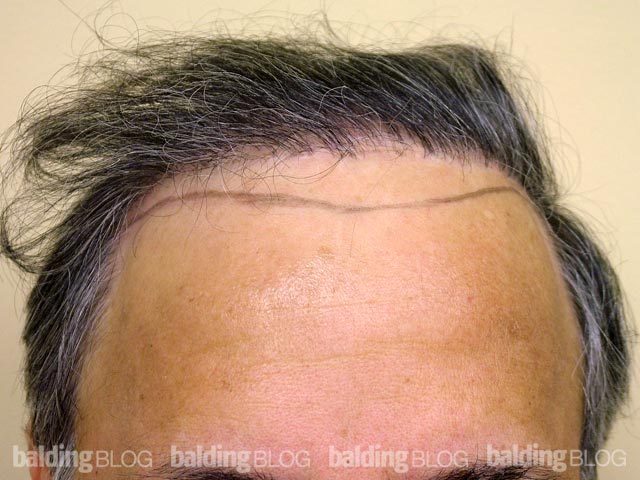
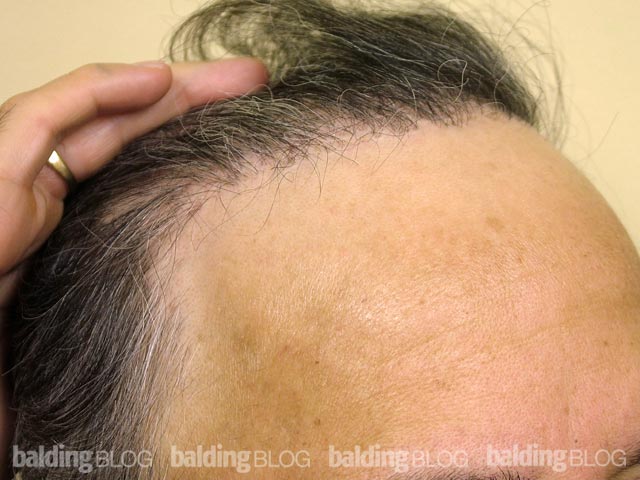
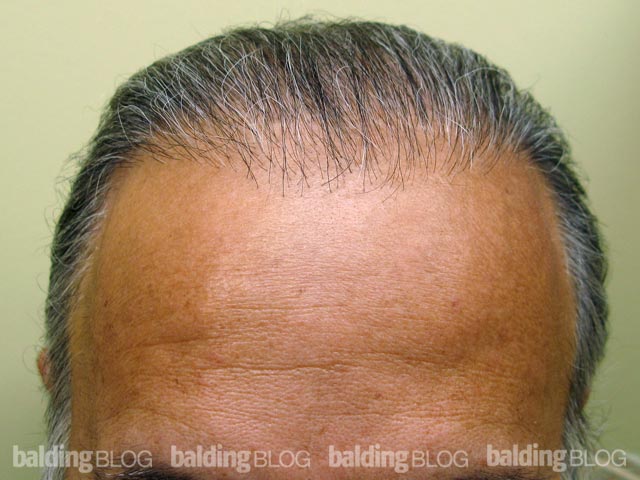
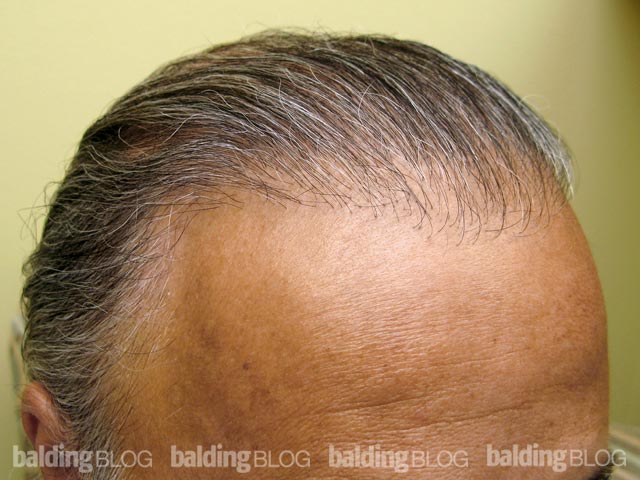
 Pinkness in the recipient area is often gone by 3 months. You and your doctor may want to treat this area with some limited steroids topically, but it should be done under the control of your doctor. Tanning with the pinkness present is probably not a good idea at this time.
Pinkness in the recipient area is often gone by 3 months. You and your doctor may want to treat this area with some limited steroids topically, but it should be done under the control of your doctor. Tanning with the pinkness present is probably not a good idea at this time.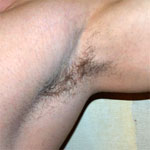 Although not a procedure we would usually do, hair can absolutely be transplanted to your underarm (armpit) area. If we would use scalp hair for this type of procedure, it will have the characteristics of scalp hair. The good news is that the glands that come with it should not put out much perspiration so lack of deodorant shouldn’t be an issue. Pubic hair would work, but again it is different than scalp hair. I would want to assess your hair characteristics if we meet (as you indicated you are local to my Los Angeles office, this would be good use of your time).
Although not a procedure we would usually do, hair can absolutely be transplanted to your underarm (armpit) area. If we would use scalp hair for this type of procedure, it will have the characteristics of scalp hair. The good news is that the glands that come with it should not put out much perspiration so lack of deodorant shouldn’t be an issue. Pubic hair would work, but again it is different than scalp hair. I would want to assess your hair characteristics if we meet (as you indicated you are local to my Los Angeles office, this would be good use of your time).